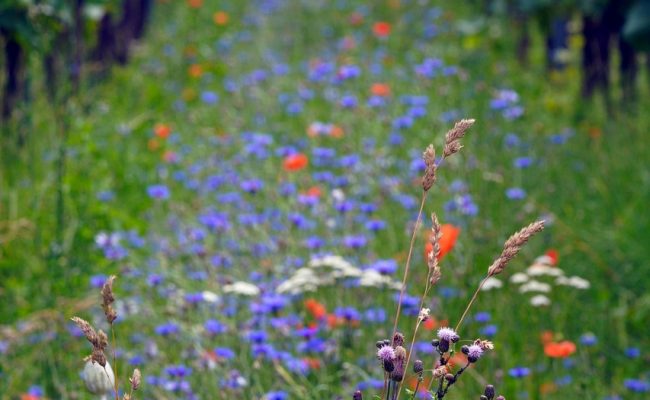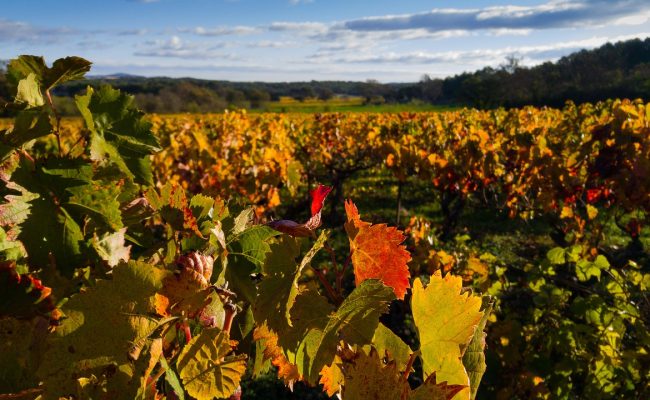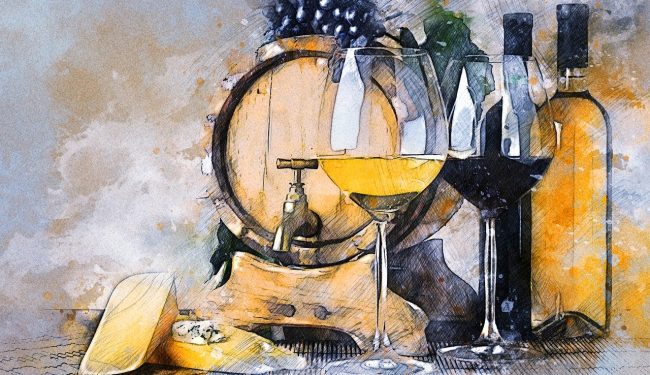The Rise of Natural Wines: Exploring the Trend Towards Organic and Biodynamic Practices


In recent years, there has been a notable shift in the wine world towards natural wines, characterised by a return to traditional and sustainable winemaking practices. As consumers become more conscious of what they put into their bodies and how products are produced, the demand for wines made with organic and biodynamic methods has surged. Let’s delve into the fascinating world of natural wines and explore the specific differences and origins of organic and biodynamic practices.
Understanding Organic and Biodynamic Wines
Organic and biodynamic wines share a common goal: to produce wines with minimal intervention and a deep respect for the environment. However, the two approaches have distinct principles and practices that set them apart.
Organic Wines
Organic viticulture involves farming practices that prioritise soil health, biodiversity, and ecological balance. These vineyards are cultivated without the use of synthetic pesticides, herbicides, or fertilisers, relying instead on natural methods of pest and disease control. Cover crops, composting, and the introduction of beneficial insects are common techniques used to maintain vineyard health. Organic certification ensures that strict standards are met throughout the grape-growing and winemaking process.
Biodynamic Wines

Key Differences and Origins
While both organic and biodynamic practices share a commitment to sustainability and natural winemaking, there are key differences in their origins and approaches. Organic farming emerged in response to concerns about the environmental and health impacts of conventional agriculture, with an emphasis on reducing synthetic inputs and promoting soil health. Biodynamic farming, on the other hand, draws inspiration from anthroposophy and seeks to create a harmonious relationship between the vineyard and the cosmos.
Benefits and Challenges
Both organic and biodynamic wines offer numerous benefits, including improved soil health, biodiversity, and wine quality. Organic certification provides consumers with confidence that wines are produced in accordance with strict standards, while biodynamic wines are often celebrated for their vibrant flavours and distinct sense of terroir. However, both approaches also present challenges, including the need for careful management of vineyard pests and diseases and the potential for increased production costs.

Exploring Organic and Biodynamic Wines
For wine enthusiasts eager to explore the world of natural wines, organic and biodynamic options offer a diverse array of flavours and styles to discover. Look for wines labelled as “organic” or “biodynamic” and seek out producers who are transparent about their farming and winemaking practices. From crisp and aromatic whites to bold and complex reds, organic and biodynamic wines offer a journey of exploration and discovery, showcasing the unique terroir and character of each vineyard. Engage with knowledgeable sommeliers and wine merchants who can guide you on your organic and biodynamic wine journey and introduce you to new and exciting bottles. Top tip: Try wines from the French region of Alsace!
Conclusion
The rise of organic and biodynamic wines represents a growing movement towards sustainable and environmentally conscious winemaking practices. By prioritising soil health, biodiversity, and ecological balance, organic and biodynamic producers are not only producing exceptional wines but also fostering a deeper connection to the land and its natural rhythms. Whether you’re a seasoned oenophile or a curious novice, exploring the world of organic and biodynamic wines offers a journey of discovery, innovation, and, above all, enjoyment. Cheers to the rise of natural wines and the vibrant tapestry of flavours they bring to our glasses!
